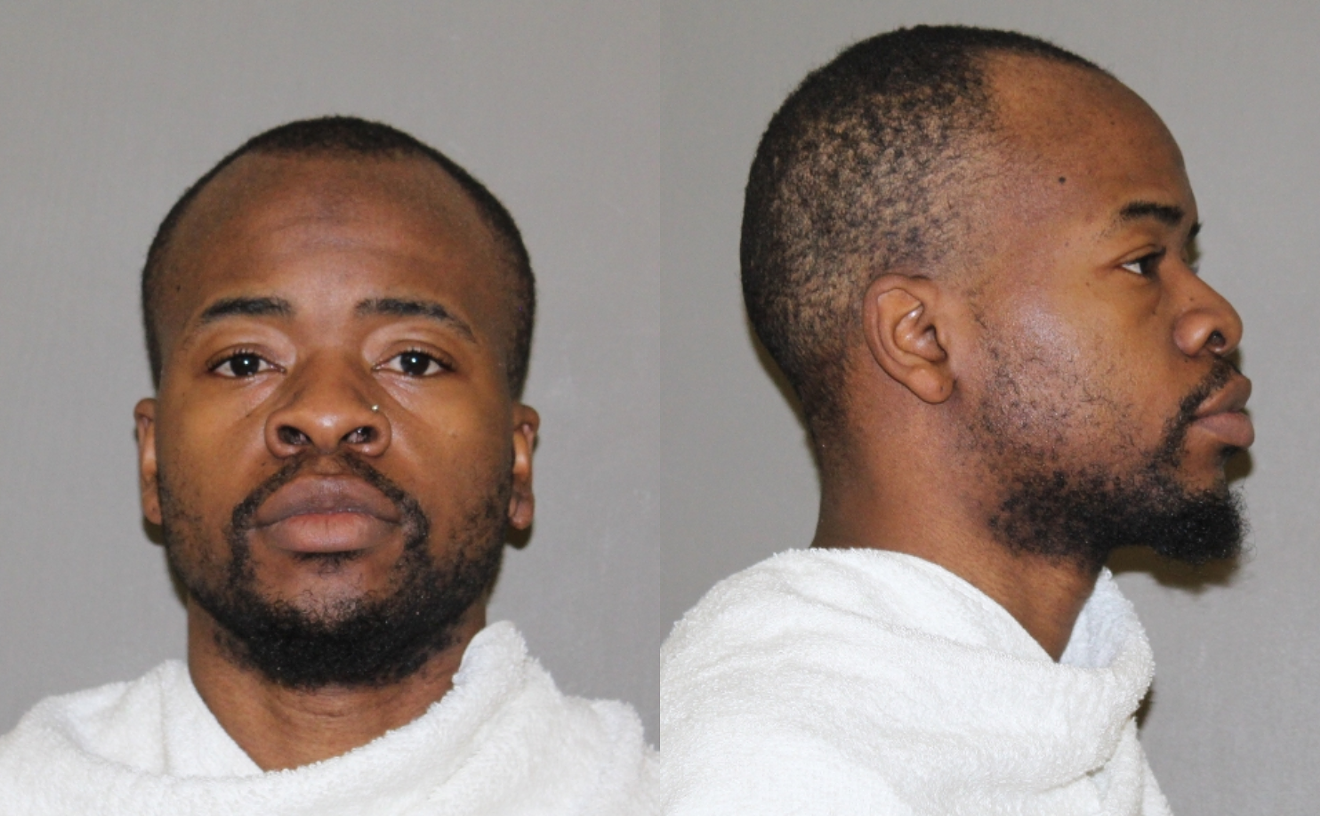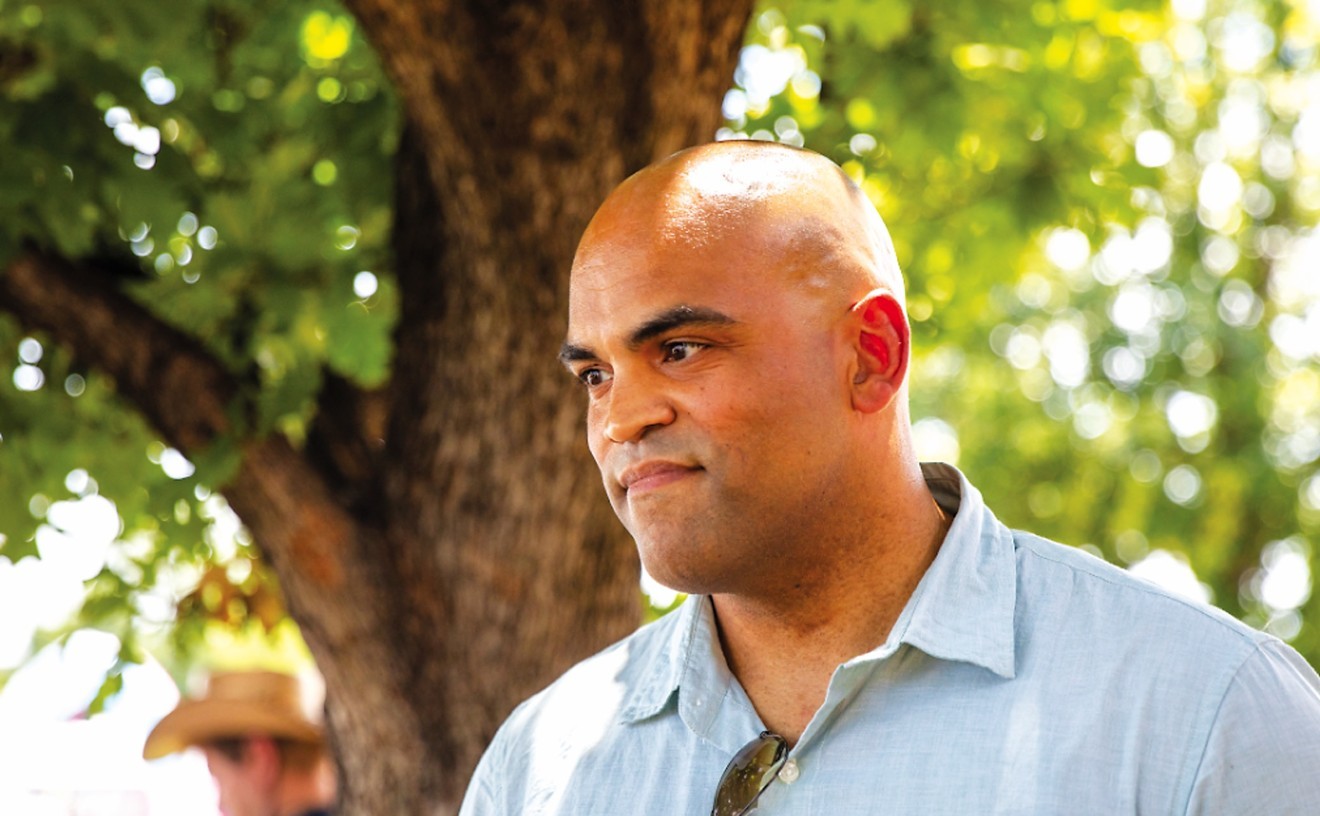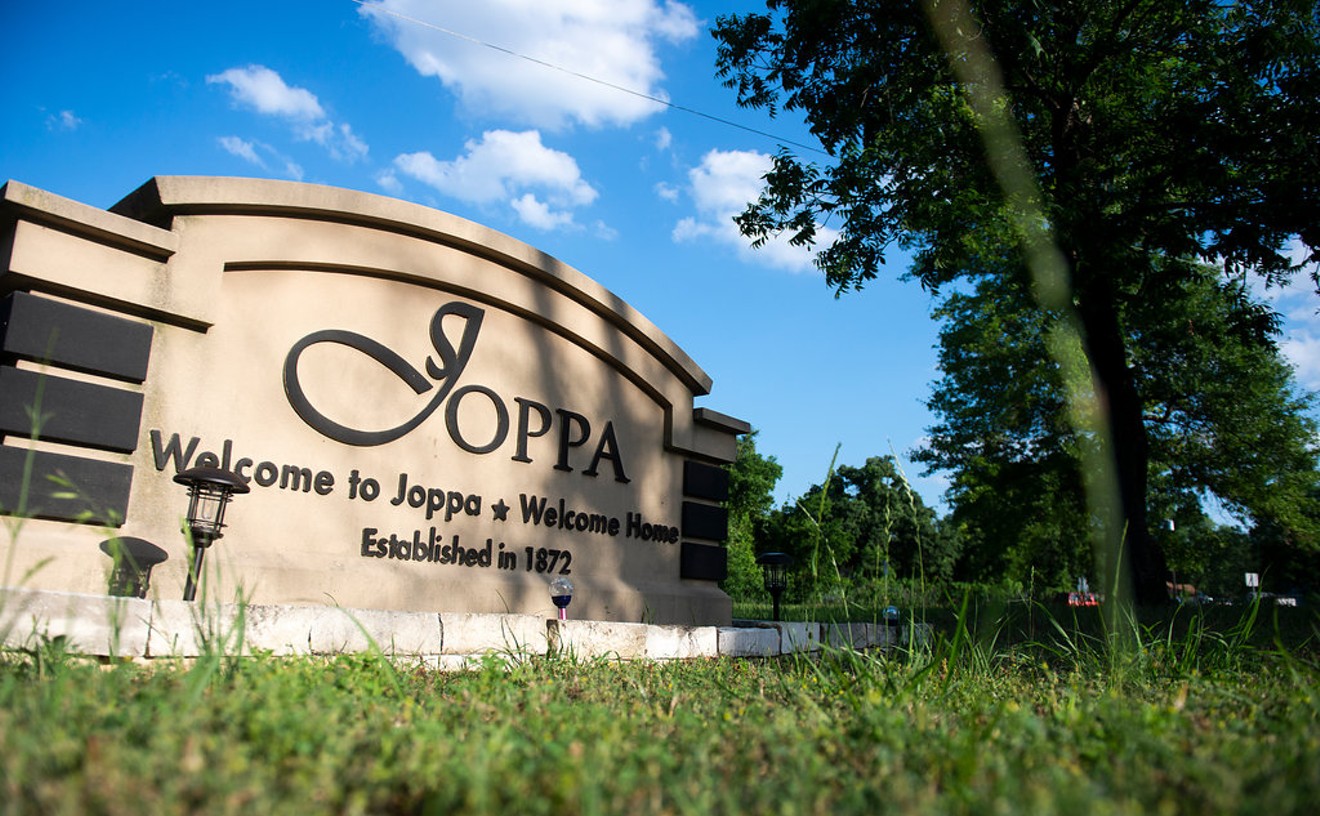One of the names nominated for the renaming of Industrial Boulevard recently was Stanley Marcus Boulevard. Walk a quarter-mile in my shoes on this, will you?
Marcus' name was one of several put forward by the public in a recent competition run by City Hall to find a new name for Industrial, which runs the length of the city's vaunted and long-awaited Trinity River Project.
Why rename Industrial? It's all part of trying to create a new image and style for an area that City Hall hopes to transform from salvage yards to silk stockings.
Now, for the sake of argument, pretend that the electronic poll results had come in overwhelmingly in favor of renaming this hard-bitten back alley of a street after the late Mr. Marcus, who was a prince of the city and a leader in the Jewish community.
Now imagine with me that the mayor and virtually all of the non-Jewish members of the council had said, "Oops, sorry, we have a problem with that. We really don't think the name Stanley Marcus would give us quite the image we're going for."
You know, there might have been one of those embarrassing pregnant pauses while everybody stared down at their hands, the way we are all wont to do sometimes when ethnic mischief is afoot. And then the mayor might have said, "We're going to have to rethink this whole new-name poll idea."
What do you suppose would have been the response to that?
Try the shoe on another foot. Suppose the poll results had come in overwhelmingly in favor of naming it after Congresswoman Eddie Bernice Johnson, perhaps the city's most powerful representative in Washington and a revered icon in the black community. Her name was on the list too.
And then pretend that Mayor Tom Leppert and all of the white and Latino council members had started hemming and hawing and trading silly little grins with each other. And then maybe Leppert might have said he really thought we needed a different name, one "that markets the Trinity project."
You know. Like the name "Eddie Bernice" might sort of un-market the area. What do you think the response would have been?
Because that's exactly what the mayor said when he was explaining why he thought the city council should toss out the real poll results and not name it César Chávez Boulevard. Leppert said he didn't think that was a name that would "market" the area.
Can we speak frankly to each other? Sure. I think we can. Why would the name César Chávez un-market the area? Or just not market the area?
Because it's Mexican.
We can admit that to each other, right?
At the end of April the city carried out an elaborate process for soliciting public input on new names for Industrial, culminating in a day-long Internet and telephone vote. The name César Chávez came in with way more votes than any of the others. It won 52 percent of the total. The next runner-up, Riverfront Boulevard, won less than 20 percent.
Is there any upside—any conceivable positive value—in naming it after Chávez, who died in 1993? How long have you got? He was a cofounder of the United Farm Workers, a champion of Mexican-American and migrant rights in Texas and all over the United States.
I remember the first time I realized César Chávez was the name of the waterfront boulevard along a principal stretch of shoreline on Town Lake in downtown Austin. I don't know that I rolled down the car window and made a speech or anything, but my heart flew up a bit. I thought, "Oh, yeah, this is Austin, and Austin is cool, so Austin is proud of its diversity."
Leppert is ashamed of our diversity. Dallas City Councilman David Neumann, who joined him in this snub, is ashamed of our diversity. None of that surprises me. Here is what puzzles: What the hell happened to the city's Latino leadership?
I can tell you what the Jewish community would have done. You know how the black community would have reacted. Another name on the list was Stevie Ray Vaughan, the late blues-rock legend from Oak Cliff. We don't even want to think about what would have happened if the mayor had suggested that, perhaps, well, you know, snicker, some of these vaguely hillbilly-sounding native Texan names might be bad for the area's image.
Granny, git yer gun.
So where the hell are the Mexicans?
I spoke at some length with Alberto Ruiz, one of the organizers of a coalition formed to deal specifically with the César Chávez question. Ruiz has been involved in extensive negotiations with members of the city council, especially Dr. Elba Garcia. I asked him what his impression was of the mayor and council's reasons for ignoring the poll.
"They didn't like the results," he said.
Why didn't they like the results? What did they tell him?
"The reasons were that the investors and the developers involved in the future development of this whole area that's going to be around what is Industrial Boulevard today were not buying into this name, César Chávez," Ruiz said. "They didn't want it. The city council members didn't want to go to them and say, 'You're going to get it anyway.' It's age-old politics. It's dollars and cents."
Sure. I get all that. What I don't get is why most of the leadership of the Mexican-American community in Dallas has elected to eat it. Well, I say I don't get it. But I do. It's just that I wish I didn't.
When the question came to the city council committee responsible for making a recommendation to the full council, the three Latino members all folded. Pauline Medrano and Steve Salazar joined Mayor Pro Tem Elba Garcia in agreeing to postpone the committee's decision until August 5.
Meanwhile, an effort has been launched by Ruiz and others to shift the focus to renaming Ross Avenue after César Chávez.
I think I know why Garcia folded. She wants to run for county judge. She has spent the last two years kissing up to the Dallas Citizens Council and Mayor Leppert on the whole Trinity River Project issue. Why throw away the big money right now when she needs it, just for a street name? I tried to reach Garcia but didn't hear back.
Salazar, who represents District 6 in far West Dallas, told me the Latino members of the Trinity River committee voted to delay a vote on the name César Chávez because, "We didn't have the votes."
I asked, "Why not make the white folks vote against it? Why not draw the line?"
He said, "They have no problem doing that. They're going to do it." Salazar told me he and Garcia believed that giving up on Industrial and going for Ross Avenue was the best way to split the rug. "If we could get an accommodation to an even more significant street, and we could get the votes on the council, then we should definitely do that."
Sure. But, you know, that word, accommodation, has sort of a bad history in Dallas.
I spoke with Ray de los Santos, District 3 director of the League of United Latin American Citizens, or LULAC, about the idea of moving the Chavez name to Ross Avenue. He had lots of good reasons for it. De los Santos has been active in the same coalition of which Ruiz is a member.
"Throughout César Chávez's history," de los Santos said, "in all his endeavors, he led them off by asking the blessing of the Virgin of Guadalupe. And the Guadalupe Cathedral just happens to sit right on Ross Avenue.
"We looked at the fact that the Dallas Independent School District has named a campus the César Chávez Learning Center, which happens to be on Ross Avenue."
Actually César Chávez Learning Center's address is 1710 N. Carroll Ave., but one side of the property does abut Ross Avenue.
"For many in the Latino community," de los Santos said, "the most important institutions are the church and the school. The school district's headquarters is at 3700 Ross Ave."
Yeah, the connections are just building and building.
But I still have a question. Why aren't the Mexican-Americans on the council and the Mexican-American leadership at large connected to some cojones?
The behavior of the mayor and of council member Neumann on this question has been just completely outrageous. They should have said, "The votes are in. The people have spoken. We think the name César Chávez will do wonders for the area and for the city of Dallas at large, helping to dispel the widely held belief that we are a bunch of uptight racist hicks who want to rename everything in our city so it will sound more like a suburban subdivision."
I am hearing a lot of resistance to the renaming of Ross Avenue. Ross presents a whole new set of problems, because it runs into East Dallas, and East Dallas tends to be oppositional toward everything from City Hall.
East Dallas can be less than brilliant, I admit. One objection I have heard is that renaming Ross Avenue would be disrespectful of the legacy of the Ross Brothers. At first I thought, "I wonder if they still make their cough drops?" But those were the Smith Brothers.
I find myself thinking this: The city must learn an important lesson here. A city whose soul is determined by real estate developers has no soul. Look at the suburbs.
César Chávez is a cool name. César Chávez would make the Trinity River district look better, not worse. But this is about more than a name. That's why an accommodation is exactly the wrong way to go.
The mayor and councilman Neumann need to take back their remarks and apologize, because their remarks show disrespect. A city that doesn't respect its own diversity will never be cool, no matter what names it gives to itself.
Somebody will have to make that happen. Sadly, the people who should be toe-to-toe about this are hat-in-hand instead. Nothing good can come of that.











